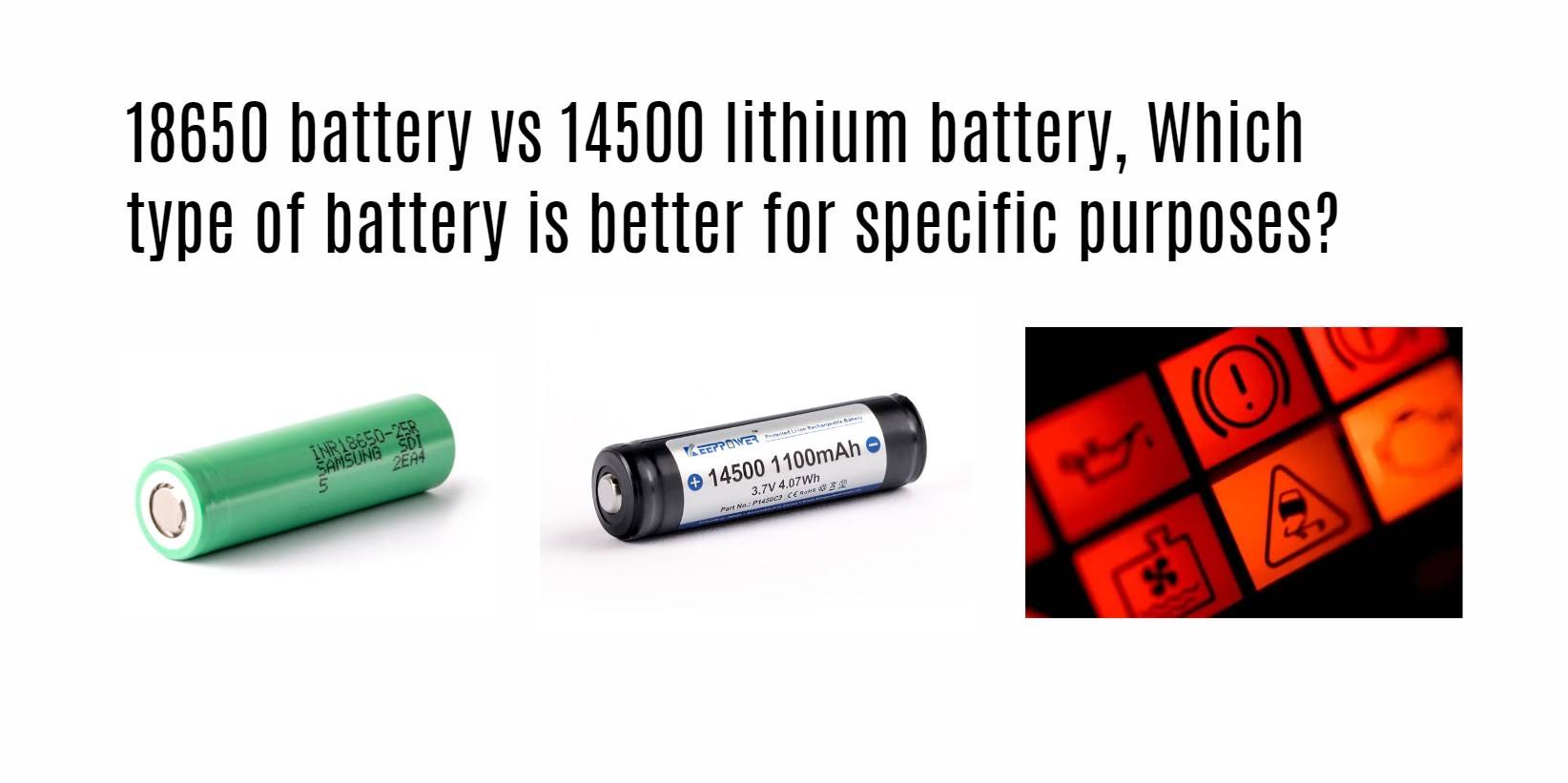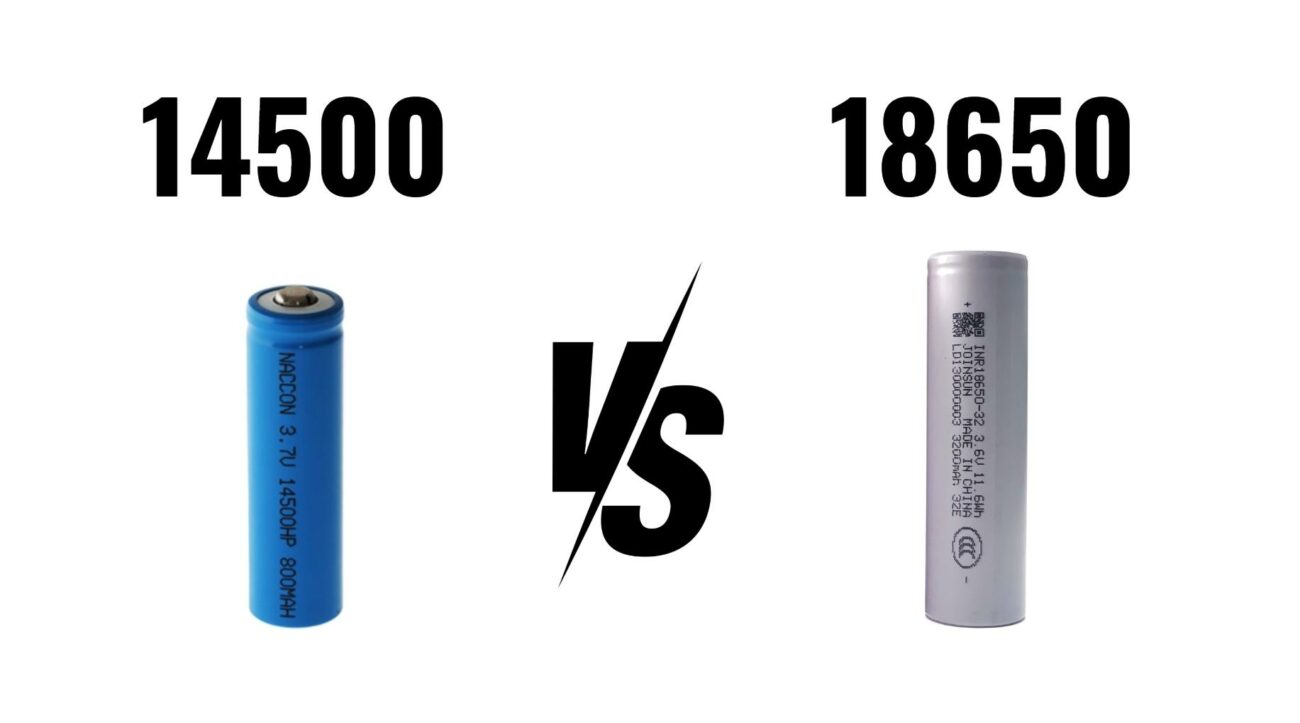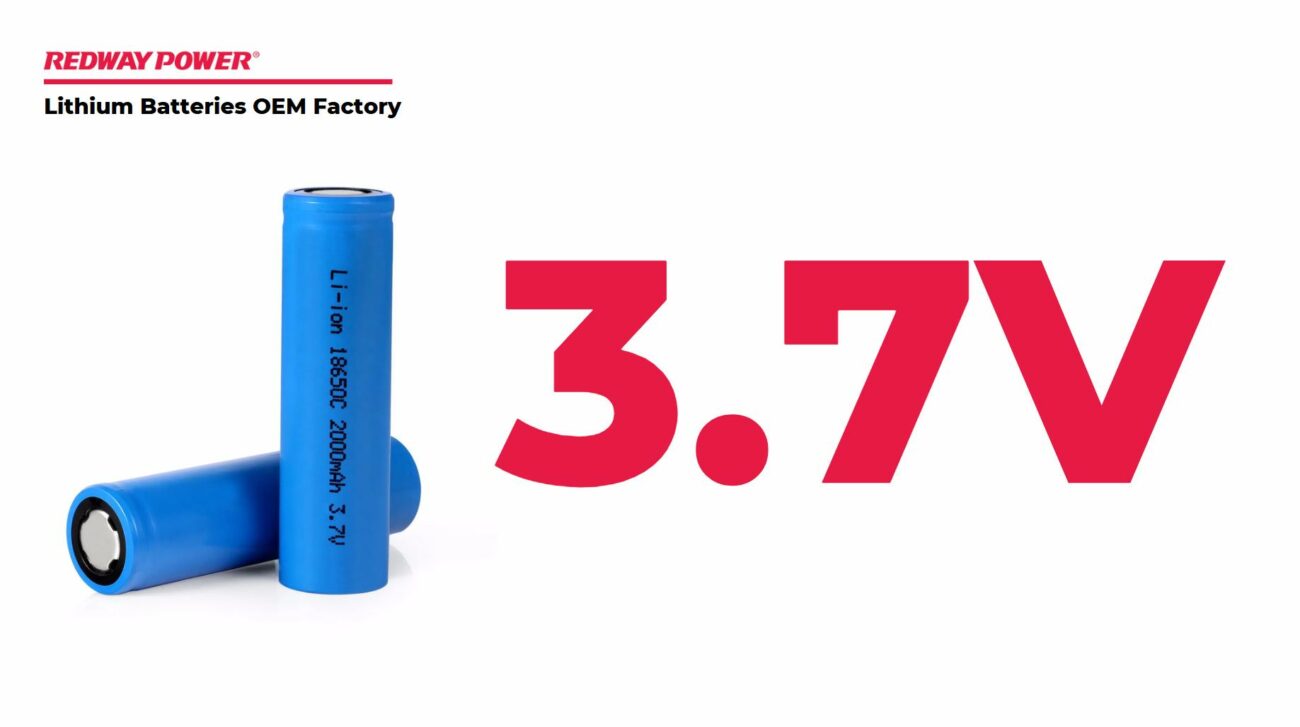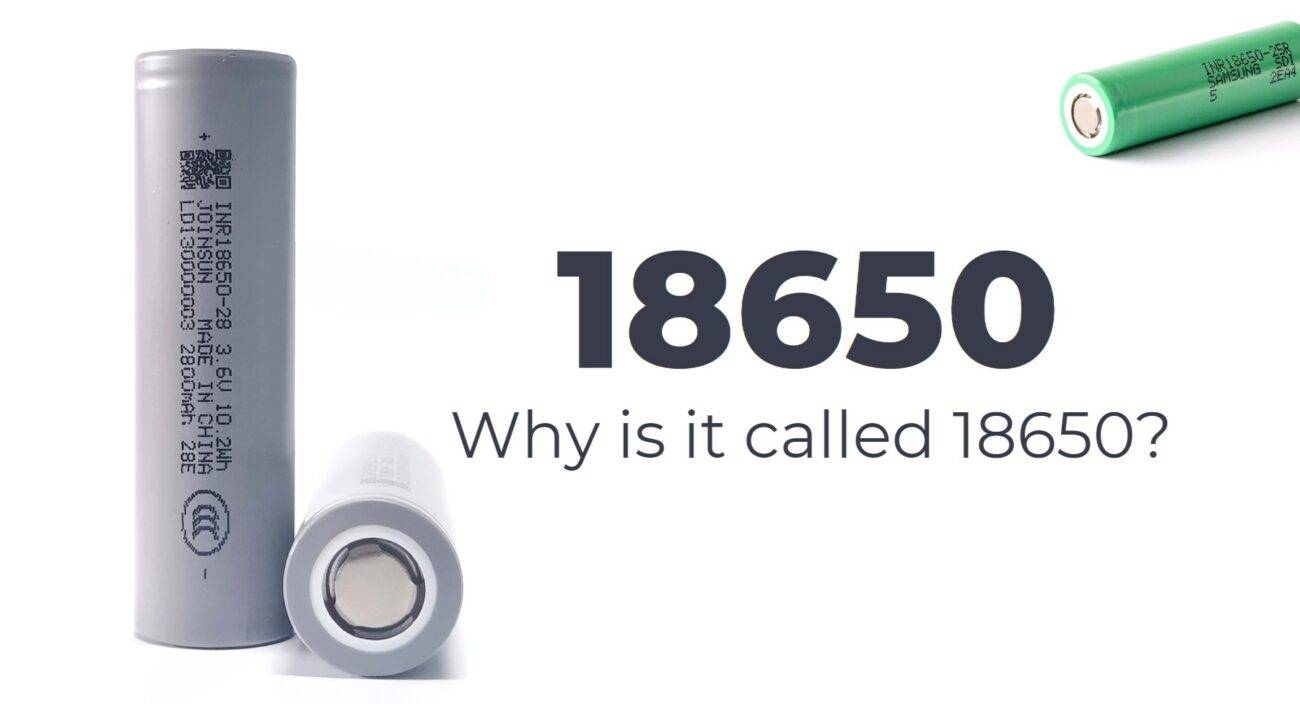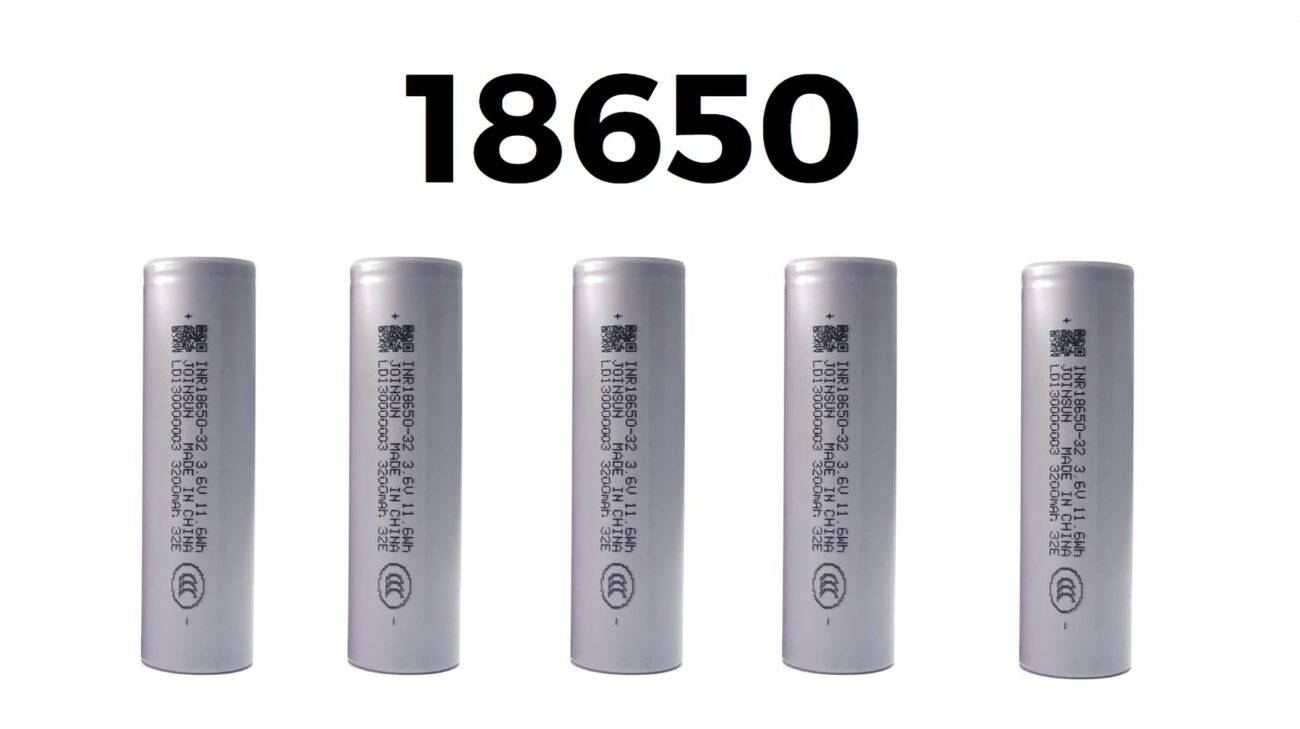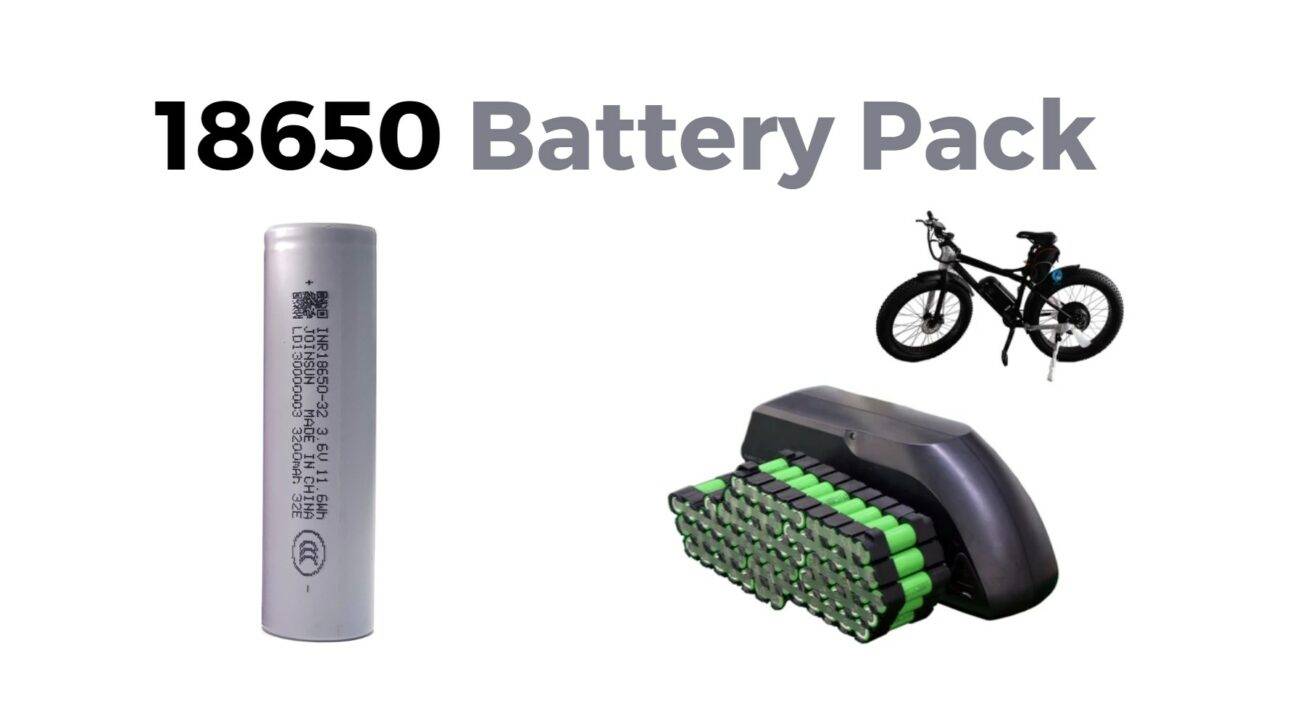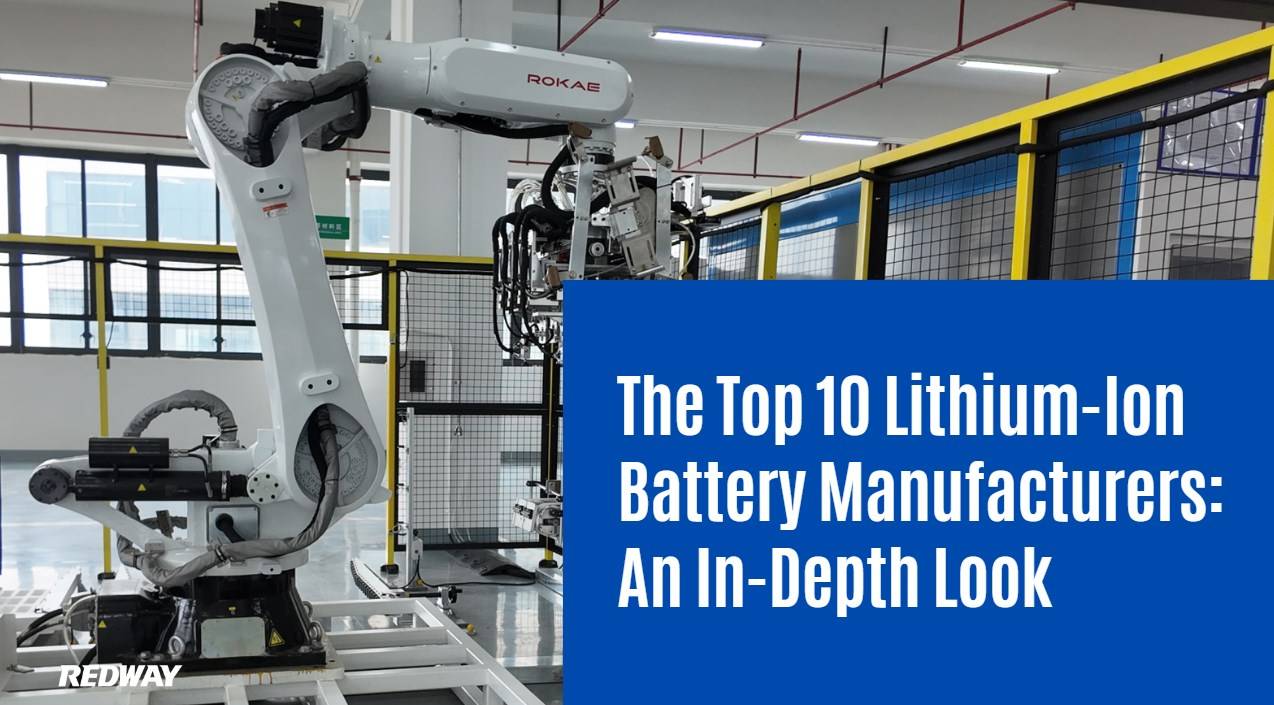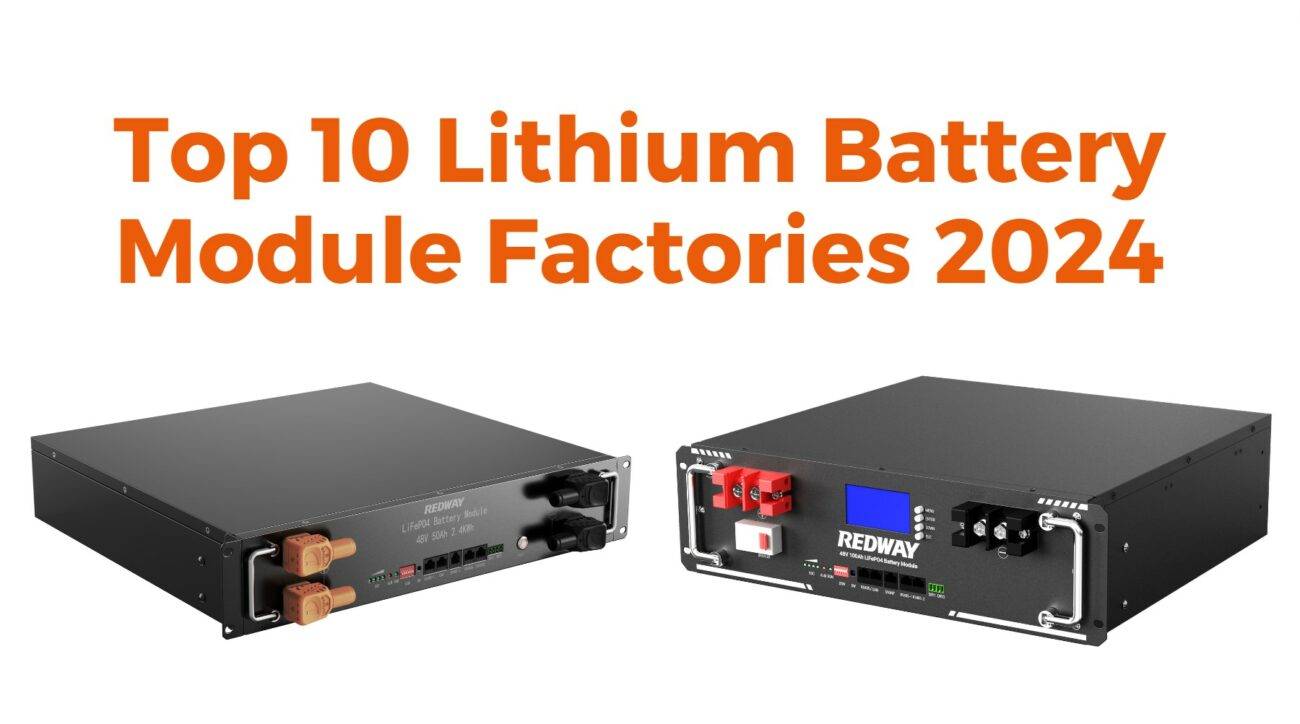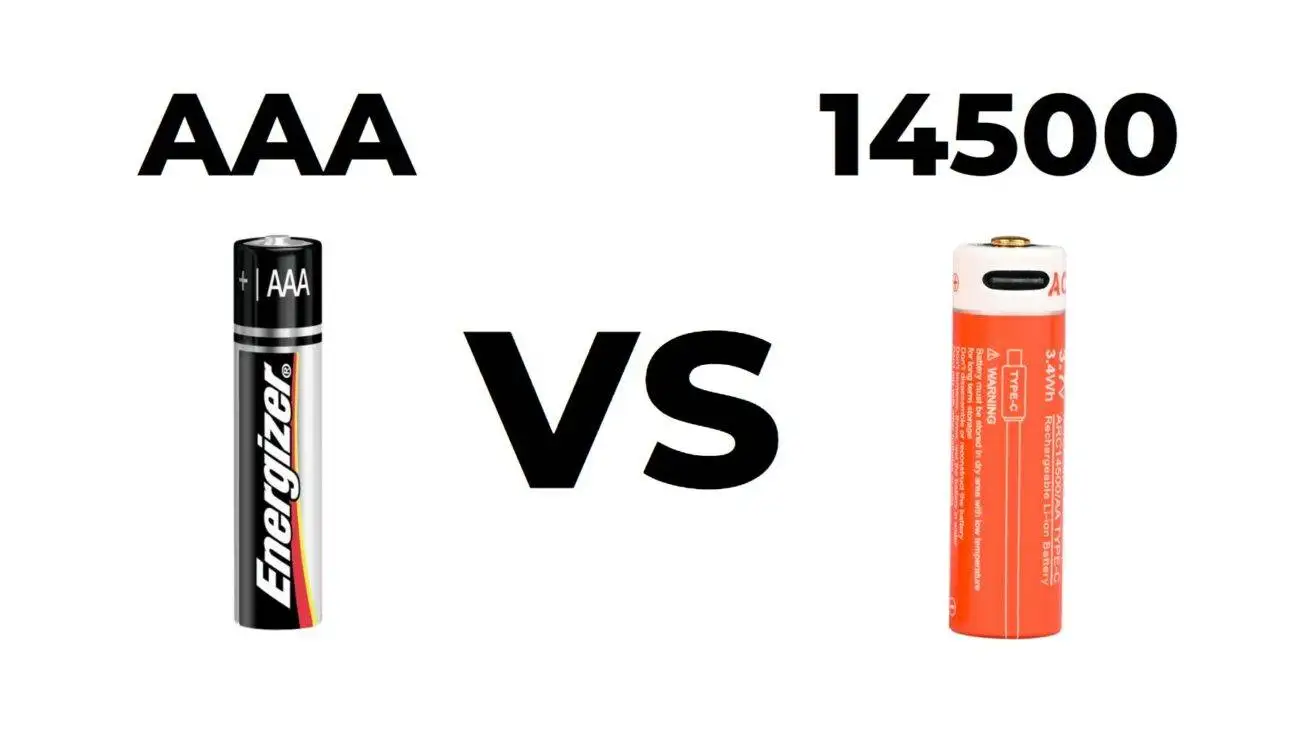The differences between the 18650 and 14500 lithium batteries primarily revolve around their size, capacity, and suitability for various applications. Understanding these distinctions is essential for selecting the right battery type for specific energy needs, whether in consumer electronics or renewable energy solutions.
Table of Contents
ToggleWhat Are the Main Differences Between 18650 and 14500 Batteries?
The primary differences between these two lithium battery types lie in their dimensions and capacities. The 18650 battery measures approximately 18mm in diameter and 65mm in length, while the 14500 battery is smaller at 14mm in diameter and 50mm in length. This size difference translates into varying energy capacities, with the larger 18650 typically offering more power.Chart Title: Size Comparison| Feature | 18650 Battery | 14500 Battery |
|---|---|---|
| Diameter | ~18 mm | ~14 mm |
| Length | ~65 mm | ~50 mm |
| Typical Capacity | Up to ~3500 mAh | Up to ~1200 mAh |
How Do the Sizes of 18650 and 14500 Batteries Affect Their Applications?
The size difference significantly impacts their applications:- 18650 Batteries: Due to their higher capacity, they are commonly used in high-drain devices such as laptops, electric vehicles, and power tools.
- 14500 Batteries: Their smaller size makes them suitable for compact devices like flashlights, small electronics, or toys where space is limited.
What Are the Energy Capacities of 18650 and 14500 Batteries?
The energy capacities vary considerably:- 18650 Battery: Typically ranges from 1800 mAh to over 3500 mAh, depending on brand and specifications.
- 14500 Battery: Generally provides between 600 mAh to about 1200 mAh, making them less suitable for high-drain applications.
Why Are 18650 Batteries Preferred for High-Drain Applications?
The preference for 18650 batteries in high-drain applications stems from their superior capacity and ability to deliver consistent power over longer periods without significant voltage drop. This makes them ideal for devices that require sustained energy output.How Does the Cycle Life of 18650 Batteries Compare to That of 14500 Batteries?
Typically, both types can last several hundred cycles; however, 18650 batteries often have a longer cycle life due to their larger size, which allows for better thermal management during charge cycles.What Safety Features Make 18650 Batteries a Popular Choice?
Safety features include built-in protection circuits that prevent overcharging, short circuits, and overheating. The larger form factor also allows for more robust designs that enhance safety during operation.Where Are 18650 Batteries Commonly Used?
Common applications include:- Electric vehicles (EVs)
- Laptops and portable electronics
- Power tools
What Applications Benefit Most from Using 14500 Batteries?
Applications include:- Flashlights
- Small electronic devices
- Toys
Expert Views
“Understanding the differences between lithium battery types like 18650 and 14500 is crucial for consumers; each serves unique needs based on size constraints, power requirements, and application suitability,” states an expert in battery technology.FAQ Section
- Can you mix different brands of lithium batteries?
It is generally not recommended due to potential differences in performance characteristics which can lead to imbalances. - What is the maximum safe current output for a typical lithium-ion battery?
The maximum safe current output varies by manufacturer but typically ranges from around C/2 to C depending on design specifications. - How often should I check my battery’s health?
Regular checks every few months are advisable, especially if used heavily or under varying environmental conditions.



